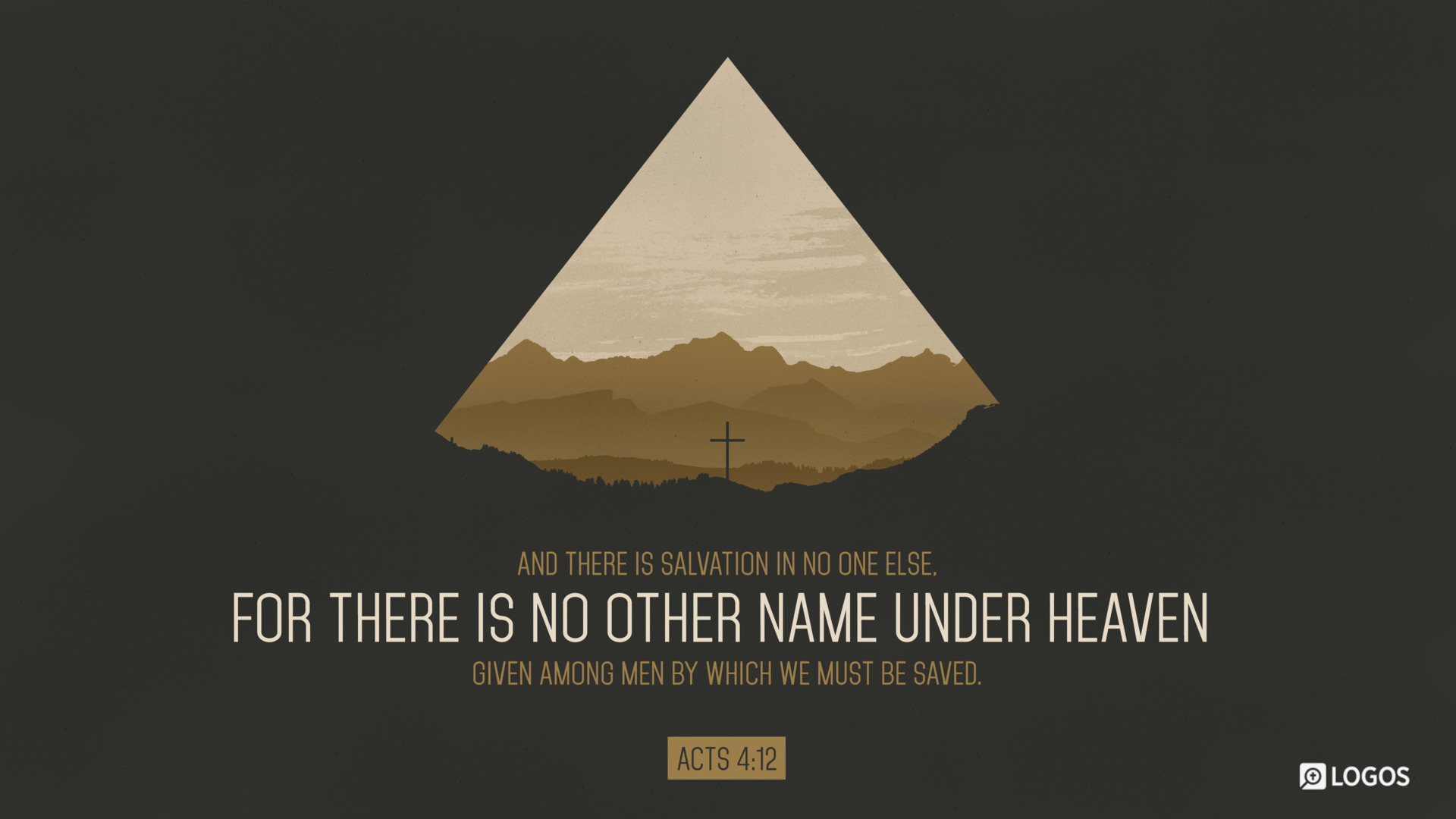Chaplain
Member
Quote of the day:
Today's blog is on Acts 14 (The Conclusion of the First Missionary Journey) verses 7-13: A lame man is healed that causes people to believe Paul and Barnabas are Greek gods in human bodies.
Samples from the bible study:
Other things discussed in greater detail...
New sermons (right click/save as):
7/29/15 - 2 Timothy 1
7/30/15 - The Ministry of the Gospel, Pt. 2 (Ephesians 3:11-13)
7/31/15 - 1 Peter 2:11-12
Audio: Unbelievable? Do the minimal facts support the resurrection? Gary Habermas & James Crossley (Saturday 1st August 2015 - 02:30 pm)
“Those who have not discovered that world view is the most important thing about a man, as about the men composing a culture, should consider the train of circumstances, which have with perfect logic proceeded from this. The denial of universals carries with it the denial of everything transcending experience. The denial of everything transcending experience means inevitably – though ways are found to hedge on this - the denial of truth.” Richard Weaver - Scholar, historian, and philosopher at the University of Chicago - Ideas Have Consequences)
Today's blog is on Acts 14 (The Conclusion of the First Missionary Journey) verses 7-13: A lame man is healed that causes people to believe Paul and Barnabas are Greek gods in human bodies.
Samples from the bible study:
"Now those who have been challenged with the word of faith have a choice to obey and to receive that work of God or to argue with Him. Unfortunately, I'm afraid that too many times we're arguing with the Lord. The Lord speaks His word of faith to our hearts, "Be strong! Go in and conquer!" "Oh, Lord, I would love to conquer. Oh, Lord, I'm so weak. I would just love...oh, You don't know, Lord, how I'd love to do that." And we're telling Him all the reasons why we can't rather than just obey and going ahead and doing it. Now if you will just will to obey those commands of Christ to your hearts, you will find, as did this man, that God will give to you all that you need to obey His command of faith. So when God says to you, "Alright now, be strong and be victorious," you say, "Alright, Lord!" And just accept and be strong and victorious. That's all there is to it. If you will will to obey, He will give you the capacity to do it." (Smith)
“Everyone wants to know the meaning of life. The secret? Answer two basic questions; 1) What is the nature of man? and 2) What is the nature of God?, and if you’re right, you’ve found life’s purpose. Even if you’re wrong every belief and every action you choose will flow naturally from your answer to those two questions – because they are the foundation for your worldview.” (J. F. Baldwin)
"When Captain James Cook, discoverer of the Hawaiian Islands, first dropped anchor in Hanauma Bay, he was greeted with great ceremony. Realizing the islanders thought he was their god, Lono, Cook thought, `Oh, well. Why not?' Consequently, he and his men were treated to everything the island had to offer — until one evening, when, Cook, about to take advantage of yet another woman, was clubbed in the back of the head by her husband, who, in his anger, forgot that Captain Cook was Lono. Bleeding and groaning, the Captain went down. By the time he came to, he found himself looking into the eyes of his aggressor, who said, `Gods don't bleed. Nor do they groan.' And Cook was killed on the spot." (Courson)
Other things discussed in greater detail...
God heals a lame man through the apostle Paul.
An example of what happens when people have the wrong worldview.
What is the 3-4-5 method of analyzing any worldview?
Lystra's citizens declare Paul and Barnabas to be Greek gods after seeing the lame man healed.
A small snippet on Zeus and Hermes' background.
New sermons (right click/save as):
7/29/15 - 2 Timothy 1
7/30/15 - The Ministry of the Gospel, Pt. 2 (Ephesians 3:11-13)
7/31/15 - 1 Peter 2:11-12
Audio: Unbelievable? Do the minimal facts support the resurrection? Gary Habermas & James Crossley (Saturday 1st August 2015 - 02:30 pm)
Christian philosopher and historian Gary Habermas has been at the forefront of the ‘minimal facts’ approach as evidence for the resurrection of Jesus.
He debates the commonly agreed facts with agnostic New Testament scholar James Crossley and they discuss whether the miracle of the resurrection can be a historically valid explanation of the evidence.
For Gary Habermas: http://www.garyhabermas.com/
For James Crossley https://historicalchaos.wordpress.com/

